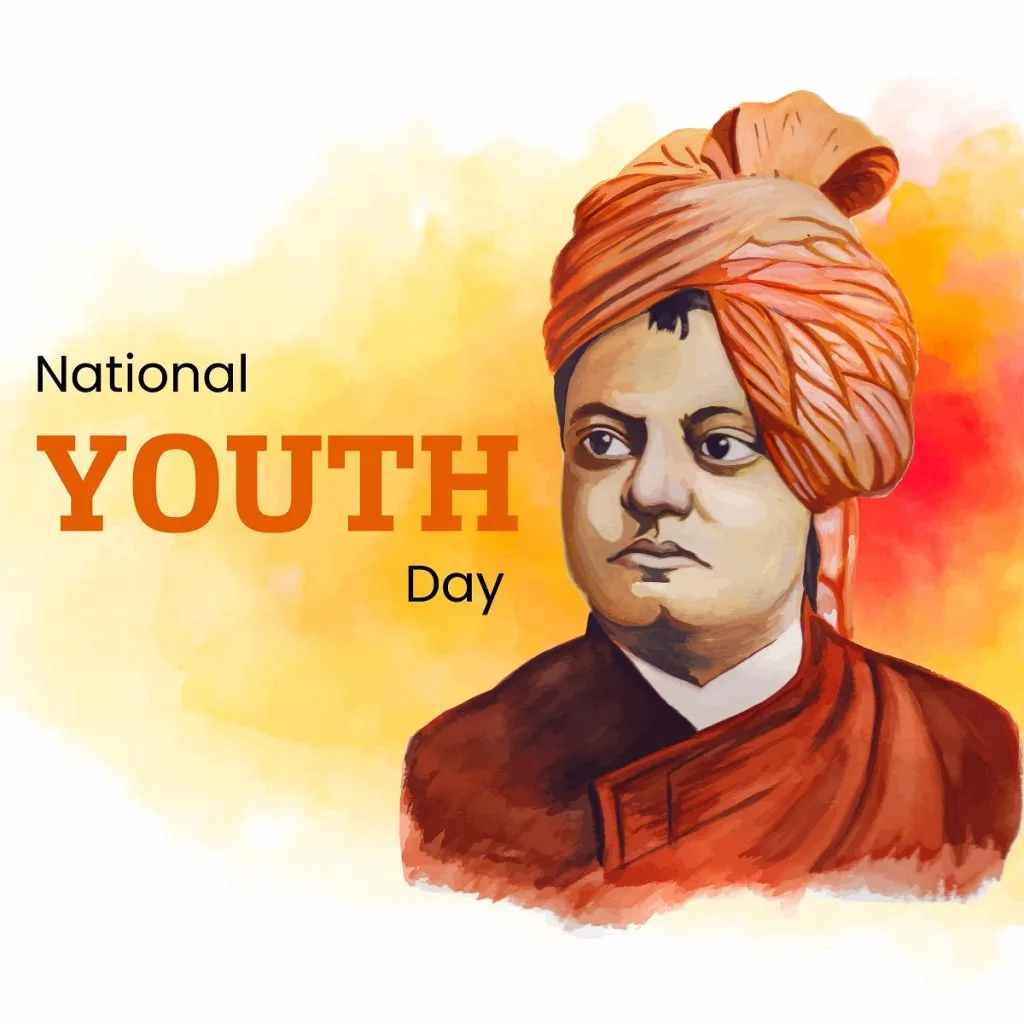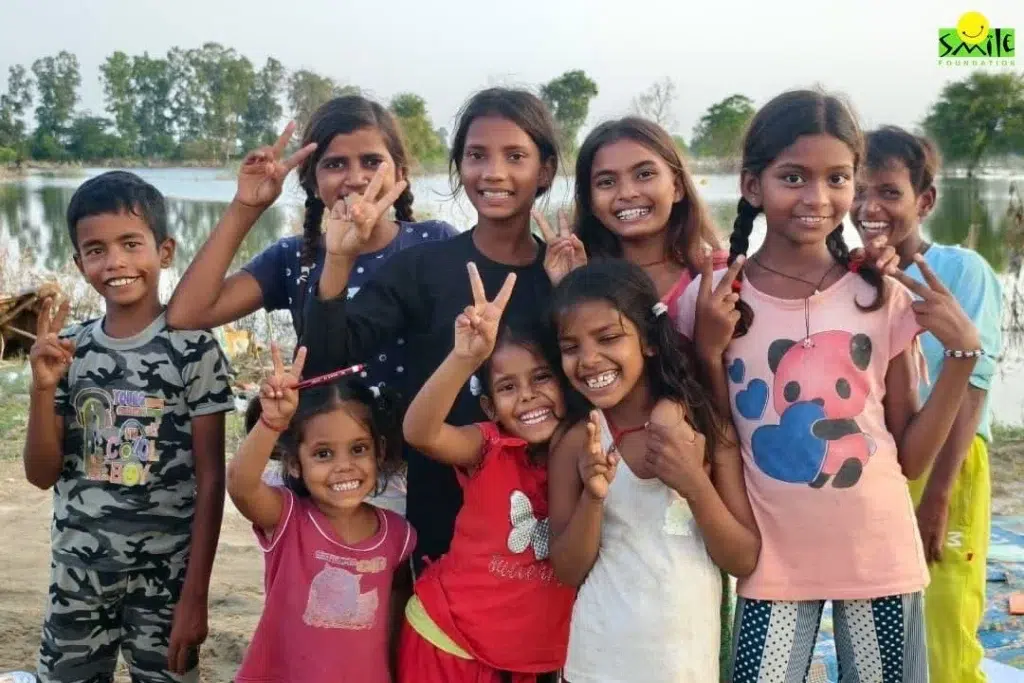Mahatma Gandhi, Subhas Chandra Bose, and Bhimrao Ramji (BR) Ambedkar, among others, played a pivotal role in India’s independence. They sacrificed their professional dreams to pursue social causes and free the country from the British.
Their contribution is priceless and is rightly celebrated yearly with events and national holidays. Sadly, the same treatment is missing for women reformers who dedicated their lives to the country’s cause.
While Mother Teresa, Savitribai Phule, and other iconic leaders of yesteryear are respected, their work is uncelebrated compared to their male counterparts. Unfortunately, such discrimination is tethered in the country’s fabric, preventing women from getting the recognition they deserve.
India Inc. suffers from the same problem. Only 100 of the 2041 companies listed on the National Stock Exchange (NSE) have a woman as a Managing Director (MD) or Chief Executive Officer (CEO). As of May 2022, only 15 percent of Indian unicorns had at least one female founder, while only 20 percent of Micro, Small and Medium Enterprises (MSMEs) have women owners.
It is an unfortunate situation considering the impact women can have on organisations. The social sector is a glittering example. Hundreds of women occupy leadership positions in the social sector, driving change at the grassroots level.
Women Leaders in the Social Sector
The social sector is one area where women in India have shone through. They’ve made significant contributions, helping educate and empower millions using their leadership skills and problem-solving ability.
There are countless stories of great women leaders in the social sector, but we’ve highlighted a few who have helped millions prosper.
1. Aruna Roy
Aruna Roy is a living legend in the social sector. Her life and contribution are the perfect blueprints for aspiring women leaders in the social sector.
She served as a civil servant from 1968 to 1975, resigning in 1975 to work with the rural communities in Rajasthan. She, Nikhil Dey, and the local community members in Devdungri district formed the MKSS Mazdoor Kisan Shakti Sangathan (Organisation for the Empowerment of Workers and Peasants) in 1990.
The organisation was vital in advocating and drafting the Right to Information Law passed by the Indian Parliament in 2005. Roy also worked for access to constitutional rights for equality and justice for rural communities.
As a member of India’s National Advisory Council, she helped pass national legislation for the Right to Information (RTI) and the Right to Employment law (MGNREGA) in 2005. The RTI is invaluable today, with estimates suggesting about 8 million applications seeking information under this law are filed yearly.
Roy’s work proves women in leadership roles can impact millions and change society for good.
2. Dr. Kiran Bedi
Studying Dr. Kiran Bedi’s life is an excellent lesson in the role of women in leadership. Bedi made history when she became the first woman to join the officer ranks of the Indian Police Service (IPS) in 1972.
During her long and illustrious career, she held several top bureaucratic positions, including the Lt Governor of Puducherry and Civilian Police Advisor in Peacekeeping Operations for the United Nations.
Bedi had achieved a significant deal, but her thrust for a higher purpose didn’t let her rest. She started the Navjyoti Delhi Police Foundation, later named Navjyoti India Foundation, to address drug abuse in the Yamuna Pushta slums in 1986.
The foundation protected tens of thousands from the dangerous drug world, making them law-abiding and honest citizens. It still works to help the marginalised sections of society in the Delhi-NCR area move towards self-reliance.
Dr Bedi also worked on prison reforms at IG Prisons in Tihar, winning the Ramon Magsaysay Award for her contribution. She dedicated it to helping set up the India Vision Foundation in 1994.
3. Sudha Murthy
Sudha Murthy’s contribution extends beyond her immaculate social initiatives. In 1981, the 30-year-old Murthy provided her husband, Narayan Murthy, with the initial investment to start the IT company Infosys.
Fast forward to 2023, and Infosys is a global giant, employing lakhs of employees worldwide and contributing significantly to the Indian economy. The company also contributes to Corporate Social Responsibility (CSR) through Infosys Foundation.
Sudha Murthy is the Chairperson of the foundation and has worked tirelessly to ensure rural communities in India have access to education and proper healthcare facilities. Under her, Infosys Foundation has built 2300 houses in flood-affected areas of the country and contributed to building 7000 libraries and 16,000 toilets.
Despite her age, Sudha Murthy still visits rural areas 10 days a month to implement relief activities.
4. Rohini Nilekani
Another woman philanthropist from the Infosys clan, Rohini Nilekani, is the Chairperson of Rohini Nilekani Philanthropies and Co-founder and Director of EkStep, a non-profit education platform.
Her areas of interest include children’s education and clean, drinking water for all. She began her philanthropic career in 2001, setting up Arghyam Foundation to address sustainable water and sanitation needs across India. The foundation works nonstop to prevent water scarcity and pollution in India.
She served as the Chairperson of the foundation for a few years before founding and funding Pratham Books, a non-profit children’s publisher. The firm helped her reach and educate millions of children, changing their lives for good.
The 63-year-old also made headlines recently for her philanthropic endeavours. Nilekani granted Rs 100 crore to the Bengaluru-based National Institute of Mental Health and Neurosciences (NIMHANS) and the National Centre for Biological Sciences (NCBS) to set up a Centre for Brain and Mind. The centre will research five mental illnesses and investigate potential interventions and treatments.
5. Dr. Rani Bang
Individuals like Dr. Rani Bang are rare. Despite coming from an affluent family and studying medicine in the United States, she dedicated her life to service.
With her husband, Dr. Abhay Bang, who was raised in Mahatma Gandhi’s Sevagram Ashram, Dr. Rani engaged in a life-long mission to serve the community. They began work in Gadchiroli, one of the least developed, most neglected regions of India, following their return from the States.
Health care was an urgent need, and the couple addressed it by establishing a tribal-friendly hospital and a community-based healthcare programme in 134 villages. Dr. Rani focused on and improved maternal and child health in rural India, saving thousands of lives.
Her work also had global ramifications, bringing global policy change in Cairo (1994), where the paradigm shifted from ‘Population Control’ to ‘Women’s Reproductive Health’.
The Role of Women in Leadership: Food for Thought
The social sector is proof that the role of women in leadership can produce the same or better results than their male counterparts. Sudha Murthy, Rohini Nilekani, and others lead massive non-profit organisations and bring incredible change in society.
Their perseverance and hard work are also a blueprint for young girls and working professionals. Their stories are proof that sincerity and dedication to work never go unrewarded.
India Inc. and the wider society must pay attention to such stories and foster environments for women to lead. Supporting and empowering women leaders to make decisions for themselves, their company, and their colleagues can help create a more inclusive workplace built to get the best out of everyone.
Smile Foundation and Women Leaders
Smile Foundation want women to take lead in their lives. Our women empowerment programme, Swabhiman through various workshops and other methods is helping women from disadvantaged backgrounds who show great potential in entrepreneurship. The role of women in leadership is one that we are pursuing diligently and with a lot of hope.










